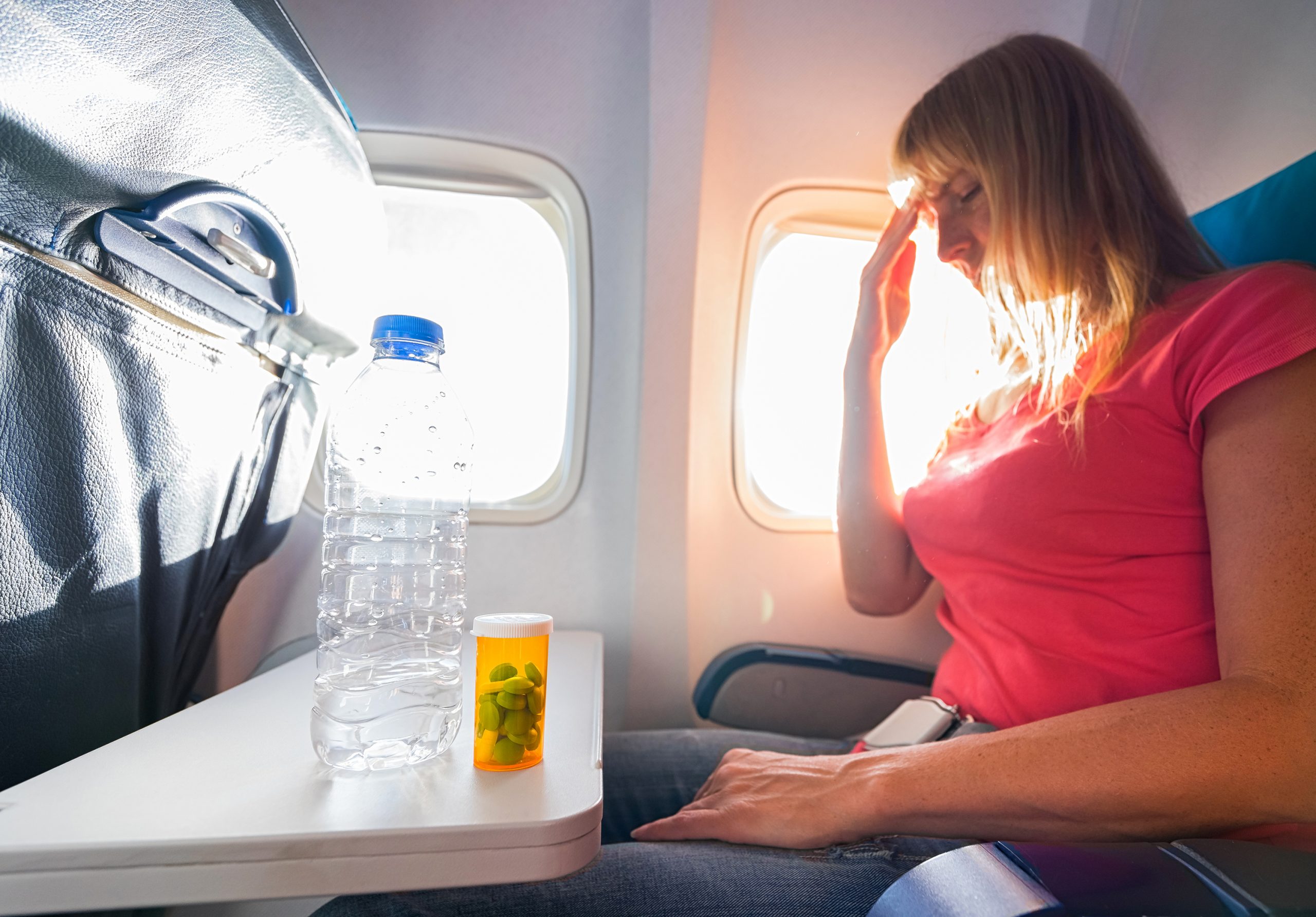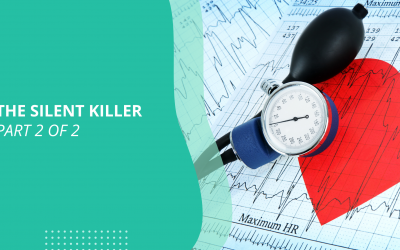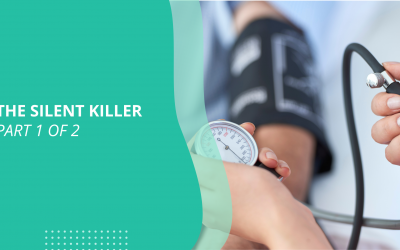
Are you planning a trip but are prone to motion sickness?
Motion sickness can make a much-anticipated trip downright miserable. If you or your loved one are prone to motion sickness, there are some strategies and effective medications that can help alleviate the symptoms.
What causes motion sickness and what are the symptoms?
Motion sickness happens when the movement you see is different from what your inner ear senses. It is a complex series of stimuli between your brain, eye and even your skin that is receiving different signals about what is going on in your environment.
Who is most vulnerable to motion sickness?
- Children between ages 2 and 12 are the most vulnerable to motion sickness, however almost everyone has experienced motion sickness at some point in their lives.
- Pregnancy
- Persons with acoustic neuromas (tumor on balance nerve of the ear)
- Women are more likely than men to get motion sickness. It is suspected that estrogen may play a part in increase of nausea when the hormone spikes.
- Nausea
- Vomiting
- Pale, clammy skin
- Excessive salivation
- Apathy
- Hyperventilation
- Increased sensitivity to odors
- Loss of appetite
- Headache
- Drowsiness
Prevention
Some non-pharmacologic interventions to prevent motion sickness are:
- Eat a light meal, no fatty or heavy foods before travel.
- Limit caffeine and alcohol intake, both can cause dehydration
- Stay well hydrated, sip on water during the trip
- To help reduce motion or motion perception be the driver and not the rider
- Avoid reading while in a moving vehicle
- Sit up front if the passenger in the car or bus
- Sit over the wing of the airplane to reduce motion perception
- Practice deep breathing exercises, this helps give you mind a focal point and off the motion of the vehicle
- Close eyes, sleep or try focusing on the horizon
- Aromatherapy such as mint or lavender may help take the edge off or prevent nausea
- Some people have had limited success with acupressure points to prevent or reduce motion sickness symptoms. These points are located 3 finger widths down from the wrist. However, this has had limited and anecdotal success.

Medications for Motion Sickness
Medications
There are several over the counter and prescription medications that can alleviate motion sickness. Listed below are some of the most common over the counter and prescription medications that have been proven to be effective treatment for preventing or treating motion sickness.
Antihistamines are the most common medication used to treat motion sickness, however there are other medicines that are highly effective. The non-sedating forms of antihistamines are not effective when dealing with motion sickness.
Note: Children under the age of 12 should not take any medications even over-the-counter antihistamines- which are effective in treating motion sickness- such as Benadryl and Dramamine (ages 2-12) and Bonine (Age 6 and up) without consulting their primary care provider.
For adults the following medications are recommended for motion sickness: (click on the hyperlink for more extensive information) Also, all the following medications advise avoiding alcohol while using.
As with all medications (motion sickness and others) if you have any side effects such as difficulty breathing, swelling of the face, lips tongue or throat, rashes, hives, heart irregularities, or difficulty urinating seek medical attention immediately.
Anticholinergic antiemetics
- Scopolamine transdermal (prescription)
The scopolamine patch is a highly effective motion sickness patch that is applied behind the ear four or more hours before travel and is effective for up to 3 days. It is used for adults and not indicated for use in children. Care should be taken applying and removing the patch and avoid contact with eyes after handling it. The medication can cause temporary blurred vision if it gets into the eyes. Avoid driving, water sports, or operating machinery until you know how scopolamine transdermal will affect you. Some side effects are feeling drowsy or disoriented, irritable, dry mouth and sore throat. Some medicines, such as antihistamines can worsen the drowsiness. Be sure to inform your care provider of the other medications, both prescription and over the counter that you are using especially antidepressants, medicines to treat Parkinsons, bronchodilator (asthma) and overactive bladder medicines to name a few. Also let your provider know if you are or suspect you are pregnant or nursing history of kidney, liver, enlarged prostate, seizures, mental illness, a blockage in your digestive tract (stomach or intestines) or breathing disorders before using.
Antihistamines
- Dimenhydrinate (Dramamine) (over the counter)
Dramamine is a popular anti-nausea medication. Take 30-60 minutes before travel. May cause blurred vision and may impair your thinking or reactions. Be careful if you drive or do anything that requires you to be alert and able to see clearly. Side effects include dry mouth, constipation, blurred vision, and excitability in children. Consult your primary care provider if before taking dimenhydrinate with a sleeping pill, narcotic pain medicine, muscle relaxer, or medicine for anxiety, depression, or seizures. Also let your provider know if you are or suspect you are pregnant, history of kidney, liver, enlarged prostate, stomach or intestinal blockage, hyperthyroid, seizures, or breathing disorders before using.
- Promethazine (oral and suppository) (Phenergan) (prescription)
Promethazine is in the antihistamine and Phenothiazine antiemetics classes. It has the advantage of being in both pill and suppository form in case the motion sickness is severe and unable to tolerate anything by mouth the suppository can be used. For motion sickness use 1 hour before travel. It is a popular medication with many uses- as a sleep aid, post-surgery nausea and vomiting, allergy symptoms such as itchy skin rashes and hives along with motion sickness. This drug can impair decision making and cause drowsiness. There are many other medicines that can interact with promethazine. Be sure to review your health history before deciding to use this medication especially if you have a history of seizures, asthma, COPD, sulfite allergy, and heart or liver disease to name a few.
- Meclizine (Bonine, Antivert) (over the counter)
Meclizine is another popular motion sickness medicine that is supposed to cause less drowsiness than Dramamine. However, some claim it is not as effective at curbing the nausea caused by motion sickness. To prevent motion sickness, take meclizine about 1 hour before you travel or engage in activity that causes motion sickness. You may take a dose once every 24 hours while you are traveling, to further prevent motion sickness. Some side effects are headache, vomiting, dry mouth, tiredness, and drowsiness. Do not give to children under the age of 12. Before taking meclizine talk with your care provider if you are using sleeping pills, narcotic pain medicine, muscle relaxer, or medicine for anxiety, depression, or seizures. Also, if you have liver, kidney, glaucoma, prostate, difficulty urinating or asthma consult your care provider before using.
- Cyclizine (over the counter)
Cyclizine is an antihistamine that is used to treat nausea and vomiting caused by motion sickness. It is taken at least 1 hour before travel and should only be given to persons over age 6. This medication may cause blurred vision and may impair your thinking or reactions. Be careful if you drive or do anything that requires you to be alert and able to see clearly.
Some side effects are blurred vision, constipation, dry mouth, and dizziness. Let your care provider know if you have a history of glaucoma, liver or kidney disease, lung or breathing problems, pregnant, stomach or prostate conditions.
Before taking cyclizine with sleeping pills, narcotic pain medicine, muscle relaxer, or medicine for anxiety, depression, or seizures consult with your care provider
With a little planning and armed with preventative measures and medications you can arrive at your destination without suffering the effects of motion sickness.
Lifesaving Medications
Recent Posts
Keeping you informed and safe.
Blog
Patient EducationOur mission is to help you be more medically prepared. Stay up-to-date on the latest news in health and preparedness.Categories
The Silent Killer (Part 2)
(Part 2) Part 2 will discuss: Physiology of blood pressure regulation, Medications to help control hypertension Blood pressure regulation is a complex process involving a series of body systems, hormones and input from the nervous system all working together to...
The Silent Killer
Part 1 High blood pressure (HBP) has been called the silent killer and with good reason. It is estimated that at least 20 percent of the population with high blood pressure have no symptoms. In part 1 we will discuss: Symptoms of hypertension Health risks of...



